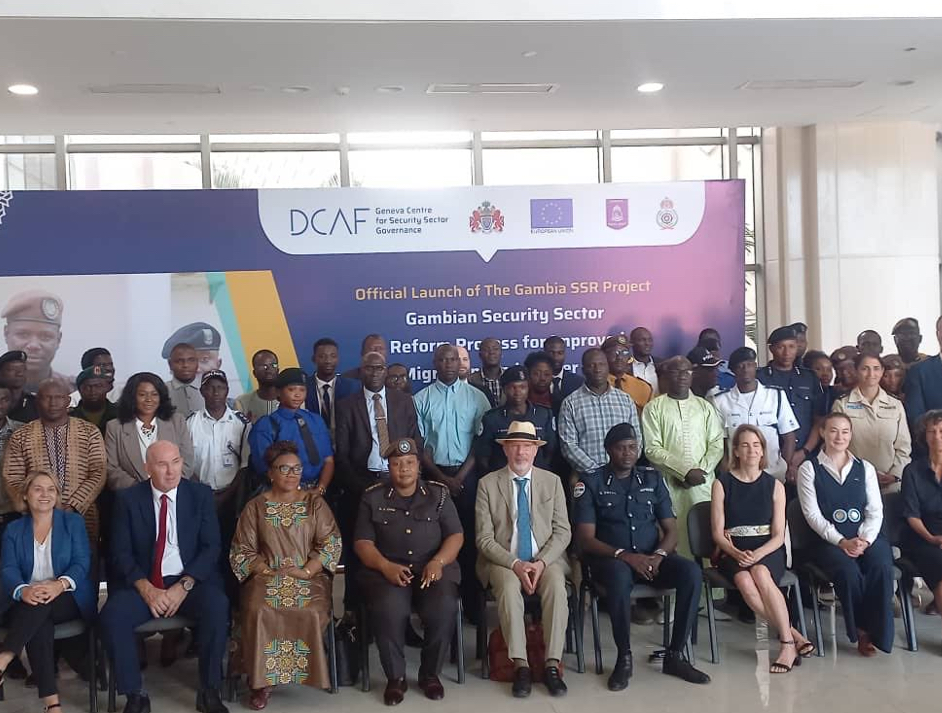By Mustapha Jarju
Ministry of Environment, Climate Change and Natural Resources has launched the development process of The Gambia’s long term climate strategy (LTS) that seeks to strengthen efforts to put long goals of the Paris Agreement into practice.
Speaking at the launching ceremony, Lamin Dibba, Minister of Environment, Climate Change and Natural Resource said his Ministry deemed it necessary and fundamentally important to have in place viable effective plan to move the climate change agenda. Climate change is a global challenge and its impact on vulnerable communities and countries is quite obvious.
“Therefore, it is important for them to come up with a strategy that can safely guard the future from the hazard of climate impact and to see how they can deal with the climate challenge at country level. The effort in tackling climate challenge requires global efforts, it requires regional efforts but also it will require individual and personal efforts,” he explained.
He added that at all these three levels there must be a consolidated collaboration between and among all of them, saying they will further agree with him that sectorial performance and success depends on the plans and strategies set by ministries responsible for those sectors.
On the sector wide approach to environment and climate change issues, he said, it is not only the Ministry of Environment that is mandated by the government of the Gambia that can move this agenda without the support of other relevant key ministerial departments and the civil society organizations and even the private sector.
He registered his happiness as the Ministry of Finance and economic affairs stand to be one of their strongest partners in moving this agenda forward, and he believed that this is the third way that the global trajectory is taking and the Gambia cannot be and exception.
Alagie Fadera, director of development planning at the Ministry of Finance, assured that his Ministry will continue to collaborate with the Ministry of Environment and Climate Change to provide high level leadership in the process to meet their goal in combatting climatic challenges.
“This process was initiated by both ministries and technicians from both ministries and they were part of the coaching the visions development and this sectorial collaboration aided in various strategies led by respected decisions to align with the long-term development plan on strategic climate change agenda 2050,” he said.





